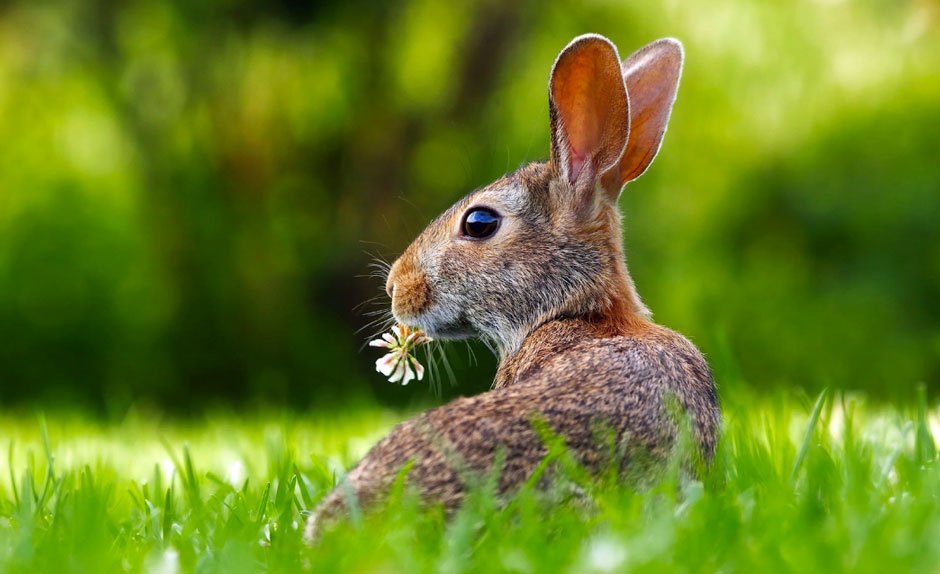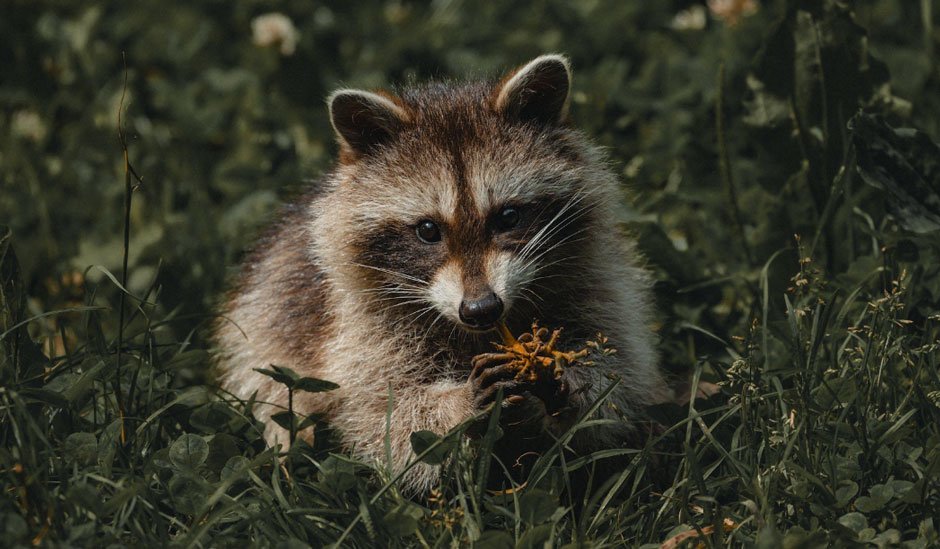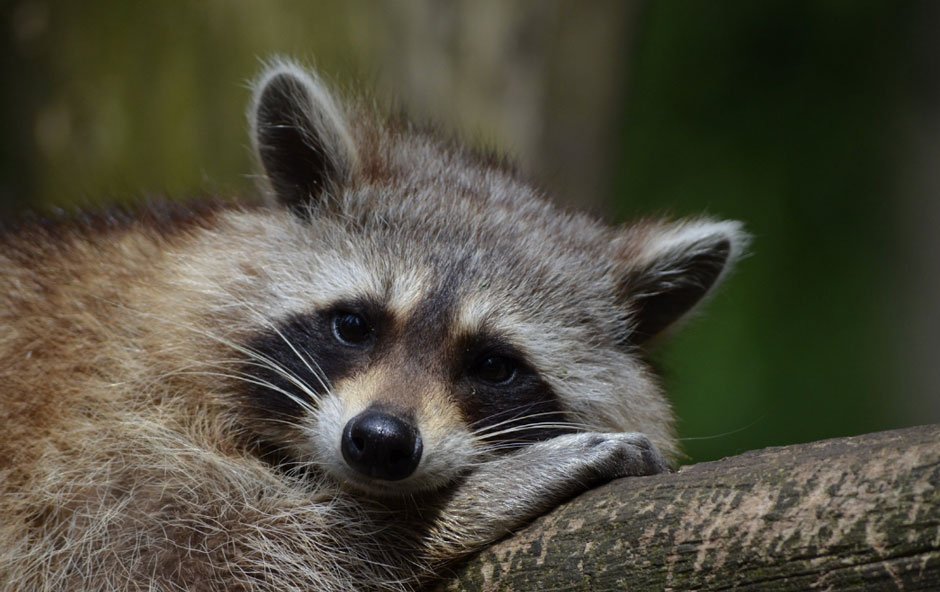The outdoors is great because wildlife lives there. People can marvel at the organic creativity and natural splendor of skunks, squirrels, raccoons, birds, and many other species that live in their surrounding areas.
Unfortunately, although there are many intriguing things about the various animals that wander the streets of cities, wild creatures can also be unsafe and inadvertently destructive. In addition to causing harm to plants and property, wildlife frequently carries disease-carrying ticks and fleas.
Wildlife prevention is crucial for every property owner due to the risk wildlife poses to dwellings and personal safety. Ignoring routine maintenance and preventative measures that can safeguard your home is too dangerous. This article provides some advice on how to keep wildlife out of your house. Curious to learn these tips? Read on.
Remove Food Sources
You may desire to supply food to the squirrels and birds outside our house. No harm can happen when you feed wildlife, right? Although it could appear that way, doing so will only encourage an increasing number of animals into your outdoor space. If they run out of the provisions you have given them outside, they may break into your home in search of more food sources.
Avoid storing extra food outside overnight. Clean up the food dishes once you bring your pets inside for the evening. A small amount of leftover food scraps can draw in hungry animals.
Keep food items in sealable containers and refrigerators inside buildings designed to keep out wildlife. If there are any fruit trees on the property, remove any fallen fruit from them as soon as possible. If necessary, you can also give them to your pets as treats.
Keep your waste in safe and secure containers. Utilize a cord or some weights to keep the coverings on the outside trash cans securely in place.
Always clean the grilling surface. Never compost food leftovers in your garden. Do not add oils or leftover meat to the compost, and conceal and secure any piles of organic matter.
Seal all Entry-Points
A straightforward method of keeping animals outside is to cover vents and chimneys. Use wire mesh fastened to the ground to seal openings leading beneath decks, outdoor spaces, or sheds.
Look for cracks or holes in your property’s foundation, exterior siding, door and window frames, and roofing. Many have observed that squirrels and mice can enter homes through the tiniest gaps. However, it does add that clearing out snacks contributes to a less appealing home.
Although most squirrel babies leave their nests in August, it’s not unusual to see newborns in September, so seal access points in the latter stages of autumn.
When preparing to seal a crack, get a paper towel, crumple it, and leave it in the entryway for a few days.
Enclose and Clean Your Lawn
Since yards are the most frequent point of entry for wildlife, keeping this area safe is crucial to preventing animal incursions. Inspect holes or cracks in the fence around your yard where animals might be able to get in. Consider covering your open garden perimeter. Maintaining a clean yard is also crucial to preventing intrusions.
Remove Potential Shelters

Wildlife can use your yard’s debris, such as leaves, firewood, or unusually tall grass, as a place to make their homes. After a while, some places may not appeal to them. Then, they might decide to settle into your home. Eliminating foliage, putting firewood away, and trimming the grass can lessen the likelihood of wildlife intrusions.
Keep firewood away from structures and fences. To help discourage building nests in the woodpile or the ground beneath it, stack it atop a frame at least two feet off the ground. By doing this, you’ll also be able to keep termites out of your house.
Install Fencing
Installing a barrier around your lawn or compost pile could be beneficial if you want to keep it safe. Naturally, you might like to view your landscaping and savor its beauty. However, if animals consume your plants, you likely won’t have a garden left to see.
Installing a sufficiently high fence can stop animals from ruining your lawn or getting into the compost heap.
Repair Damages in Your Home
Regularly stroll around your house, focusing on the foundation and other external features like doors and windows. Note any holes or cracks in the building as you proceed. List every area you visit, and pay close attention to any evidence of staining or animal droppings.
A word of alertness: securing the exterior may not be the best action if you are unsure whether animals have already gained entry into your home. If you block a hole too early, you may trap wildlife inside, which can cause several other problems and prove more challenging to solve. Whenever possible, get an expert inspector in before covering up your house.
Employ Natural Predators
Attracting wildlife’s predatory nature is another method to keep them away from your house.
As predatory species, eagles, raptors, and owls are birds of prey you can try to attract to your property. These raptors can eradicate rabbits, rats, squirrels, and skunks.
Having an animal as a pet is an excellent strategy to keep wildlife away. With cats and dogs, you can scare away unwelcome visitors like skunks, shrews, and mice, preventing them from searching through your garden.
Ultrasonic Devices
Among the more advanced options are ultrasonic repellents. These gadgets emit high-frequency noises that are inaudible to humans but annoying to unwanted visitors like squirrels, rabbits, and mice.
They may not always work, though, and animals might eventually grow accustomed to the noise.
Fortifying Your Home Against Wildlife

Animals can find their way into any area. Aiming at the specific animal causing the most damage is the best way to avoid frustrations. Once you’ve dealt with them, use additional tactics to prevent trespassers.
Given the constant presence of Mother Nature, it is reasonable and possibly even essential to your mental health to anticipate that wildlife and birds will eventually occupy part of your landscape. See it as a method to support the local ecology. The best way to ascertain you have an abundance for yourself is to grow more.

